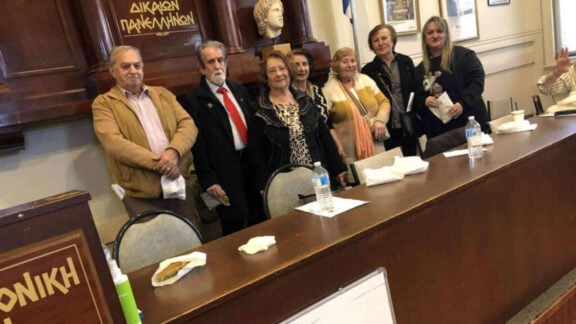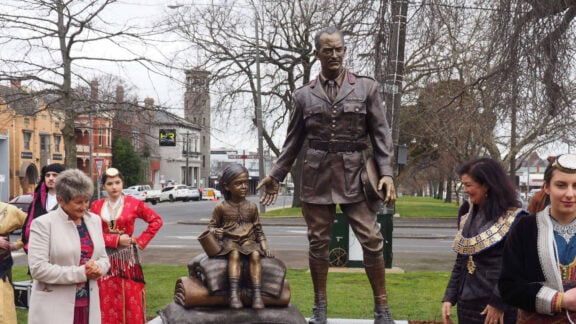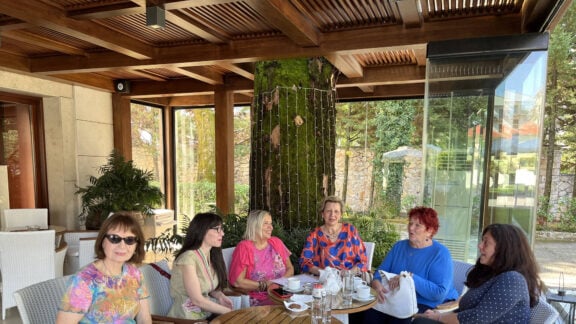When prison clinician Helen Andrianakis started her training at Pentridge Prison, she recalls a warning she received from a patient: “You think you’ve got a problem with heroin, wait till you see what happens when this drug that’s out, ice, hits the streets.”
“And my word, he was not wrong,” Ms Andrianakis told Neos Kosmos.
Twelve years on, ice, also known as crystal meth, has reached epic proportions, with the media referring to the issue as an ice epidemic.
A report published by the Australian Crime Commission states that amphetamine-type stimulants, such as methamphetamine, are the second most widely used illicit drug in the world following cannabis.
In response to the issue that has been on the rise in Australia since the mid-2000s, Prime Minister Tony Abbott announced on Wednesday the implementation of an ice taskforce, headed by former Victorian police commissioner Ken Lay.
With the support of federal opposition leader and Victorian Premier Daniel Andrews, the taskforce is aimed at tackling all aspects of the drug, including its use, sale, manufacture and importation.
Although some have claimed the announcement to be another of the prime minister’s tactics for his political survival, others working in industries dealing with drug and alcohol abuse, and in particular ice, see the taskforce as a step in the right direction.
“It’s a fantastic announcement because it means that the government’s finally on board. It is a very, very serious issue not just in Victoria, but Australia wide,” said Jim Mangioros, founder of non-profit organisation Endless Horizons.
“It’s good to see that the government’s finally stepping up to the plate after so many years and seriously trying to crack down.”
Having worked with people fighting drug abuse for more than 30 years, Ms Andrianakis believes the situation is getting desperate and agrees with the move.
“Look, I’ve been screaming for years. Something needed to be done because it’s getting out of hand,” she says.
While the taskforce has been requested to provide an interim report by the middle of the year, there has been a lack of transparency regarding the action plan in place, leading to scepticism of how effective the taskforce will be in tackling the problem long-term.
“In theory I guess it’s a positive implementation; however, the issue is, where do you start? How are you going to go about it?” questions Australian Greek Welfare Society case worker Dimitri Bouras.
“It’s fine to set up all of these taskforces, crack down schemes, in order to demonstrate to society that the government cares, but I’d like to see how sustainable this is going to be, what preventative measures, what educational measures are going to be put first, before people start taking up ice, not when it’s too late.”
However, former Victorian premier Jeff Kennett thinks Mr Abbott’s focus is all wrong, stating that alcohol abuse should be higher on the prime minister’s agenda.
Ms Andrianakis disagrees. “They’re both a problem. Alcohol is more out there, more accessible, etcetera. But you know we can manage alcohol, we can do something with alcohol. With this ice, we can’t cope with it.”








